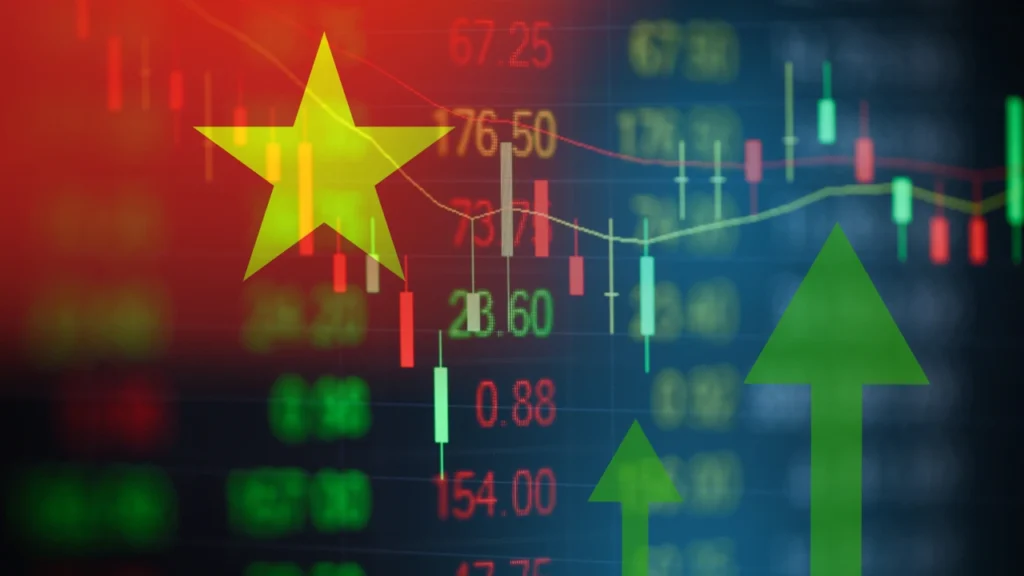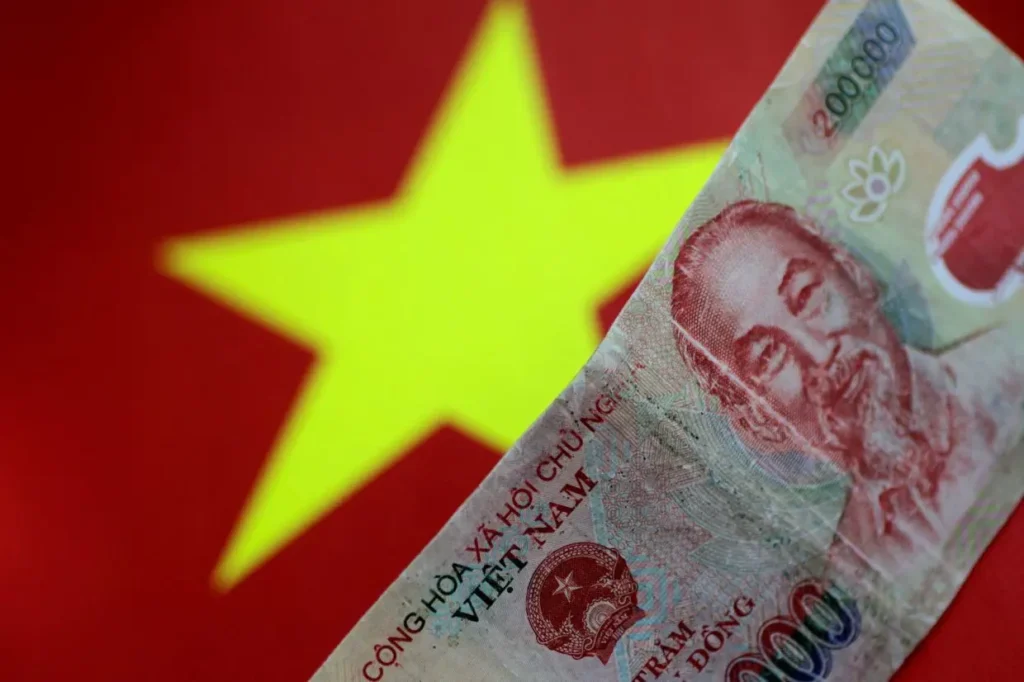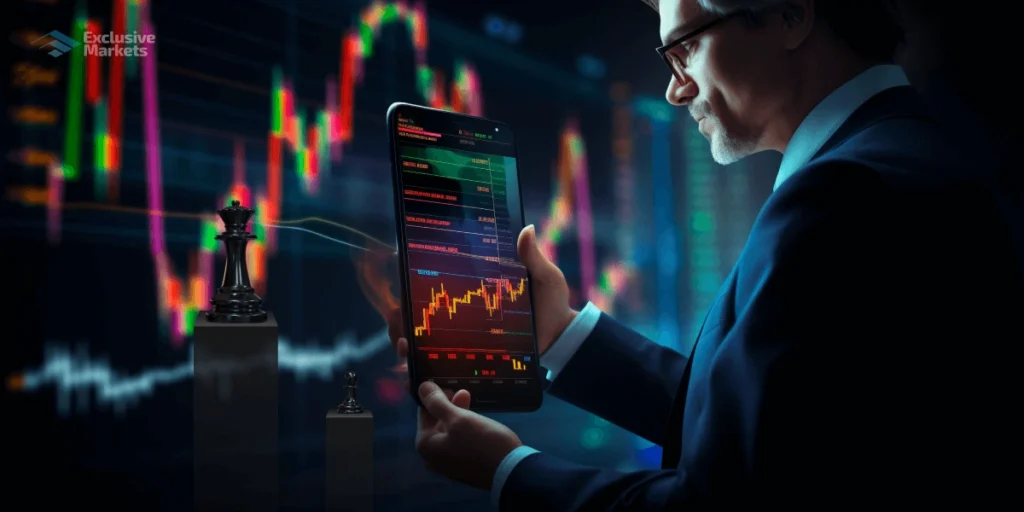How to Trade Forex Legally in Vietnam: A Step-by-Step Tutorial
September 7, 2024

So you’re curious about forex Vietnam—how to trade, what’s allowed, and where the legal lines really are? You’re not alone. Let’s be honest, the rules aren’t super clear, and maybe that’s why so many people still ask, “Is this even legal?” This tutorial walks you through how to approach legal forex trading in Vietnam without stepping into dangerous territory.
Step 1: Understand What’s Legal in Vietnam
First, here’s the deal. Vietnamese law says only licensed banks and authorized institutions can trade forex legally. Individual traders? Not officially allowed—at least not through the usual global trading platforms.
But—here’s the twist—many Vietnamese traders still use international brokers. It’s one of those legal gray areas. It happens, but it’s not exactly supported by the government. Some say it’s tolerated, others say you’re technically on thin ice.

Step 2: Know the Types of Forex Access
There are two basic ways people get into forex Vietnam:
- Through local banks: This is 100% legal but mostly for simple currency exchanges (think travel, overseas payments). No profit-seeking trades here.
- Through international brokers: Lots of Vietnamese use these platforms even though they aren’t officially regulated by Vietnam.
If you go with international brokers, remember—you’re operating outside the legal umbrella. If things go wrong, you can’t really call local authorities for help.
Step 3: Choose a Reputable International Broker
If you decide to trade, this step matters—big time.
Some international brokers are solid, licensed, and transparent. Others? Not so much.
Watch out for:
- Big promises of fast profits
- Poor customer service
- Unclear company background
Do your homework. Pick brokers that are licensed in trustworthy countries like Australia, the UK, or Singapore. Sounds obvious, but some traders rush this step and regret it later.


Step 4: Start With a Demo Account
Here’s a step you can’t skip.
Always test with a demo account first. No real money, no pressure. It’s like training wheels—you can learn the platform, practice your moves, and see how fast things can go wrong without losing a cent.
Some traders get impatient here… don’t be that person. A few weeks on a demo account can save you big headaches later.

Step 5: Manage Your Risks Like a Pro
Forex is risky—let’s not sugarcoat it.
Set your own limits:
- Only use money you can afford to lose
- Use stop-loss orders to control damage
- Don’t over-leverage
It sounds simple, but when the market moves fast, emotions can mess with your plan. Some say managing your own mindset is the hardest part of forex trading. They’re probably right.

Step 6: Stay Informed About Vietnamese Regulations
The legal environment for forex Vietnam isn’t set in stone. Rules can shift—maybe fast, maybe not. Authorities mostly target illegal brokers right now, not individual traders, but that could change.
So, keep checking updates from the State Bank of Vietnam or local financial news. You don’t want to get caught by surprise if new restrictions pop up.
Step 7: Ask Yourself—Is It Really Worth It?
Honestly, legal forex trading in Vietnam is pretty limited. Some people trade in the gray zone with foreign brokers and do just fine. Others think the risk isn’t worth it.
There’s no one-size-fits-all answer here. Maybe you’re okay with the uncertainty. Maybe you’d rather sit it out. The important thing is knowing what you’re getting into.

